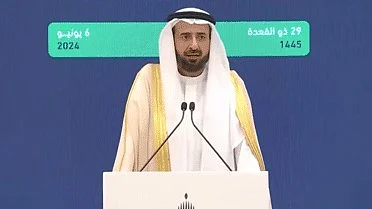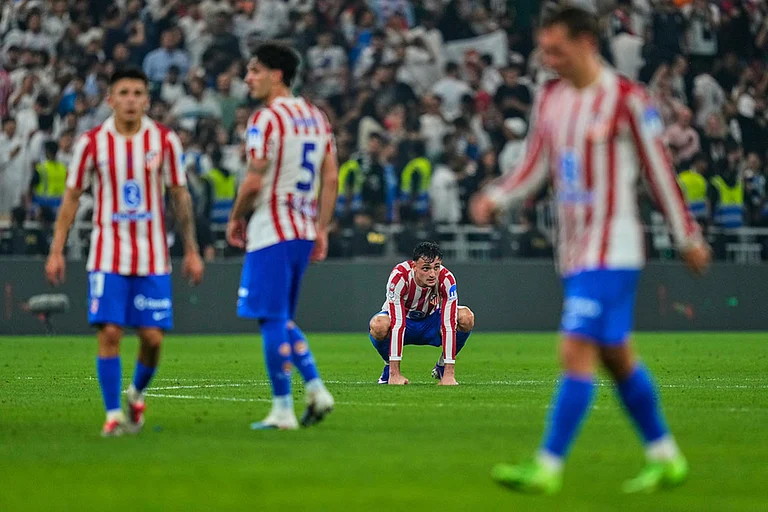The Saudi minister of Hajj, Tawfiq Al-Rabiah, has said that the annual pilgrimage to Mecca should focus on worship and spirituality, not political slogans. His comments come as 1.2 million Muslims gather in the Islamic holy city amid heightened tensions over Israel's war on Gaza.
In a press conference on Thursday, Al-Rabiah said that Hajj is a religious obligation, not a platform for political expressions.
"Hajj is for worship, not for any political slogans," he said. "This is what the Kingdom's leadership, may God preserve it, is working on, ensuring that Hajj truly embodies the highest levels of devotion, tranquillity, and spirituality."
The minister's remarks drew criticism from social media users, who saw them as an attempt to silence support for the Palestinian cause. Many users questioned the vague wording of the statement, which appeared to reference global protests against Israel's actions in Gaza.
Hajj is one of the five main pillars of Islam and is a religious obligation on all Muslims who are healthy, financially able, of sound mind, and of age to perform the pilgrimage at least once in their lifetime.
Saudi Arabia's stance on political expressions during Hajj has been controversial in recent years. Protests are illegal in the kingdom, and freedom of expression is largely suppressed. While Saudi pro-government imams have publicly prayed for Gaza and the Palestinians in weekly Friday sermons since October, the rules announced by the Hajj minister suggest such expression might be restricted during the pilgrimage.
Also Read:
Saudi Arabia and the US have been in talks over a potential normalisation deal, which would involve the kingdom recognising Israel in exchange for security and technology-sharing agreements. However, the deal has been put on hold due to the ongoing war in Gaza.
In the absence of a ceasefire in Gaza and in the face of adamant resistance from Benjamin Netanyahu’s Israeli government to the creation of a Palestinian state, Saudi Arabia has been pushing for "plan B" that excludes Israel.
At least 36,801 people have been killed and 83,680 wounded in Israel’s war on Gaza since October 7. Human rights groups have condemned the dire toll Israel’s bombardment and siege of Gaza has had on Palestinian children across the enclave, with UN experts warning of a humanitarian crisis in the region.



























